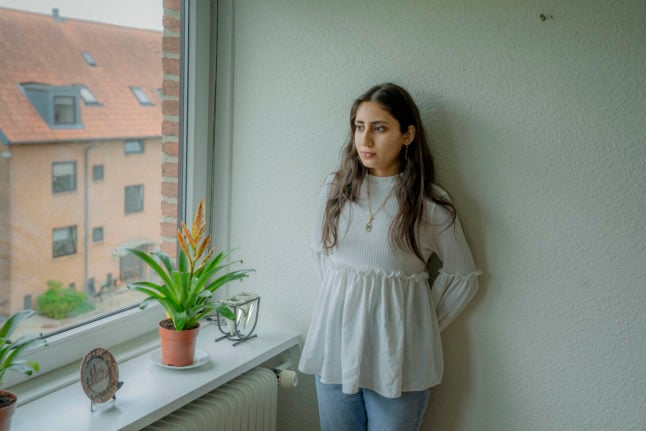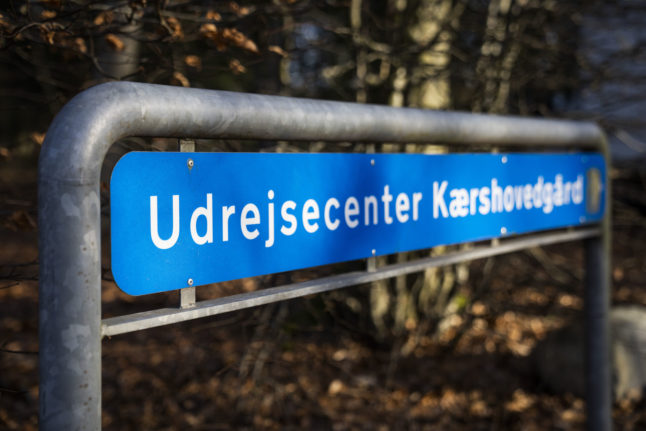Several instances were last year reported in which young Syrian women were told their residence would not be extended because it was considered safe for them to return to the Damascus area.
The women were working in Denmark or enrolled on education programmes – sometimes in the social care sector, in which the country is experiencing a staff shortage – at the time they were told they had to leave.
But a new approach will be taken in cases related to extending asylum status for women who “want to be part of Denmark”, broadcaster DR reports on Wednesday.
In autumn 2022, DR reported that it was aware of nine different cases involving young women in their early twenties who were both working and enrolled in education at the time their residence permits were revoked.
Some of the reported cases have described male members of families not being deported because they risk being drafted into the military. This has in some cases resulted in families being separated.
READ ALSO: Denmark tells pregnant Syrian woman with job in care sector to leave country
When the coalition government was formed in December, it stated in its policy agreement that it would “address the problem we have recently seen where young women from Syria have lost their residence permit despite having shown they want to be part of Denmark”.
“The government will therefore give continued residence for certain foreigners who are educated in areas where there is a labour shortage,” it added.
In written comments provided to DR on Wednesday, the Minister for Immigration and Integration, Kaare Dybvad Bek, confirmed the shift in course but said the government maintains its stance that all refugees must eventually return home once conditions allow.
This policy was established by the previous, single-party Social Democratic government. Bek was also immigration minister in the previous government.
“The government maintains that a stay in Denmark as a refugee is temporary. In recent times we have seen examples of foreigners losing their residence status despite them being engaged in education programmes in areas in which Denmark currently needs labour, for example in the health sector,” he said in the statement to DR.
“I don’t think that is appropriate. The government will therefore give the right to continued residence for foreigners who have, in this way, shown that they want to be part of Denmark,” he said.
The minister was unavailable for interview by DR on the issue.
Some Syrian refugees saw their status in Denmark revoked under the previous government because authorities concluded that the situation in the Damascus area is stable enough to return to if the individual is not at risk of personal persecution.
The reports and reasoning used to conclude it was safe for Syrians to return have been criticised by human rights organisations and experts and Denmark has also faced criticism in the European Parliament over its stance.



 Please whitelist us to continue reading.
Please whitelist us to continue reading.
Member comments